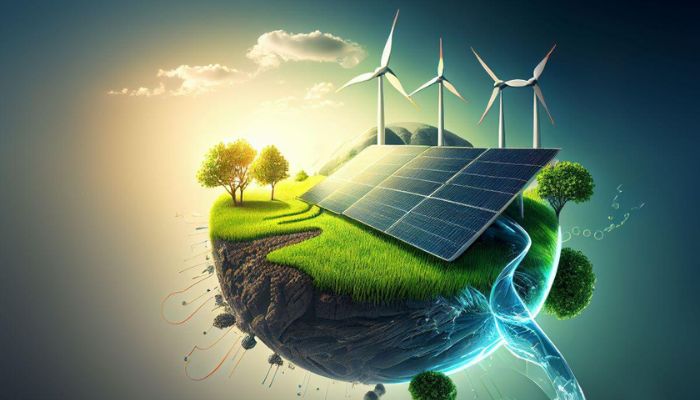A consortium backed by prominent figures including the Rockefeller Foundation and the Bezos Earth Fund is poised to make significant investments in Nigeria’s energy sector, in a bid to address the chronic power shortages that have plagued Africa’s biggest economy for decades.
According to Bloomberg, the initiative under the Global Energy Alliance for People and Planet (GEAPP), a partnership between the Rockefeller Foundation, Bezos Earth Fund, and Ikea Foundation, is piloting a program to address Nigeria’s persistent power shortages through the deployment of solar mini-grids.
The first interconnected mini-grid, launched in December 2021, has already demonstrated its potential to supplement the erratic power supply provided by the national grid. These decentralised energy systems harness solar power to generate electricity, ensuring that businesses and households can remain operational throughout the day.
The Alliance is constructing two more mini-grids and has secured funding for a fourth. The goal is to expand these projects across Nigeria, providing a viable solution to the country’s energy challenges and improving the lives of millions of people.
“We need hundreds or thousands of these kinds of projects across Nigeria to end energy poverty” said Muhammad Wakil, country delivery lead for New York-based GEAPP, in an interview with Bloomberg at the site of one of the projects in Ogun State in southwest Nigeria. “We have shown it’s a viable business model.”
Read also: d.light, Chapel Hill Denham close N10bn securitised financing for off-grid solar
In one week, Nigeria’s creaking grid has collapsed three times, emblematic of the deep-rooted challenges denying a country of 200 million people stable power.
The instability of the national grid is a function of having few plants – nine plants out of 22 – account for 80 percent of the energy fed into it, as electricity generation companies (GenCos) insist on receiving payment for power generated, according to findings by BusinessDay.
“You have those kind of under-served communities that do require reliable power to power their homes and their businesses,” Fauzia Okediji, a utility innovation manager at Geapp, told Bloomberg TV’s Wall Street Week.
Geapp’s Demand Aggregation for Renewable Technology (Dart) program aggregates the needs of multiple developers to negotiate better prices for solar equipment.
Additionally, Dart operates a $25 million financing facility that allows developers to import equipment using dollars and repay the loans in Nigerian naira when their projects generate revenue.
Geapp provides grants, loans and technical assistance to mini-grid developers, taking advantage of a rule put in place by the government last year that allows the mini-grids to operate side-by-side with the national grids.
The success of the program has spurred the World Bank to pledge $130 million to develop similar facilities, said Wakil.
Read also: CrossBoundary Energy Access, ENGIE to build $60m mini grids in Nigeria
The site in Ogun State is a one-megawatt solar mini-grid built by Darway Coast, a Nigerian mini-grid company. Its power will by year-end give the local community all-day electricity rather than the eight hours provided by electricity distributor Ikeja Electric Plc.
